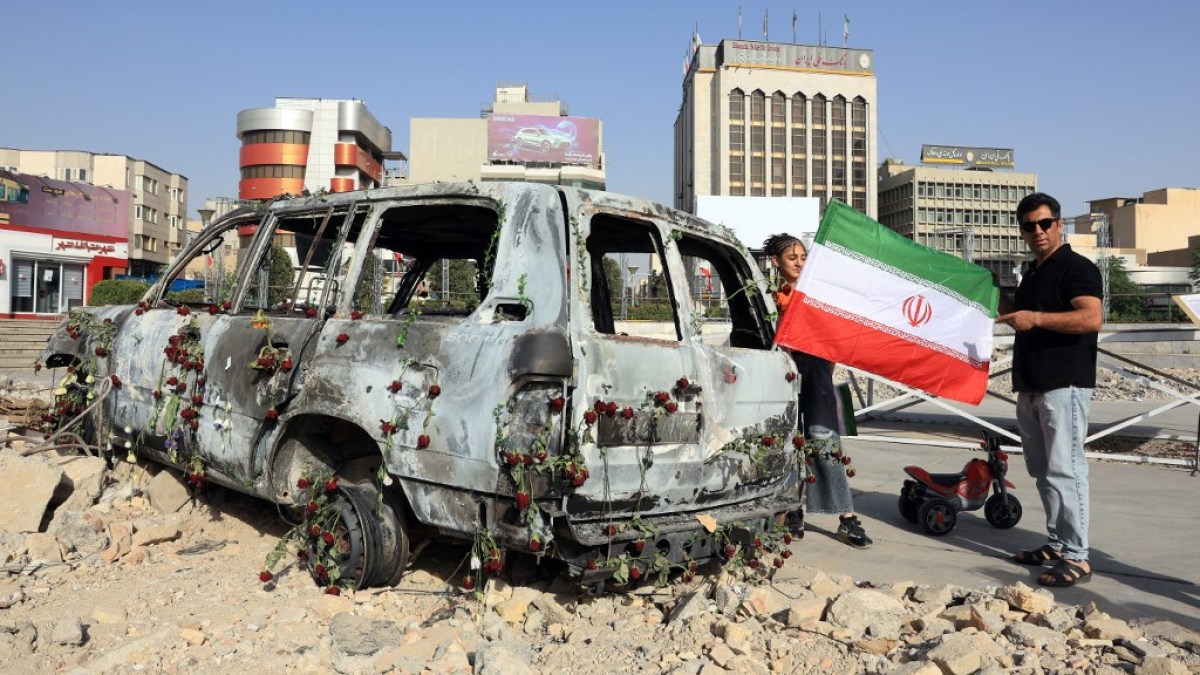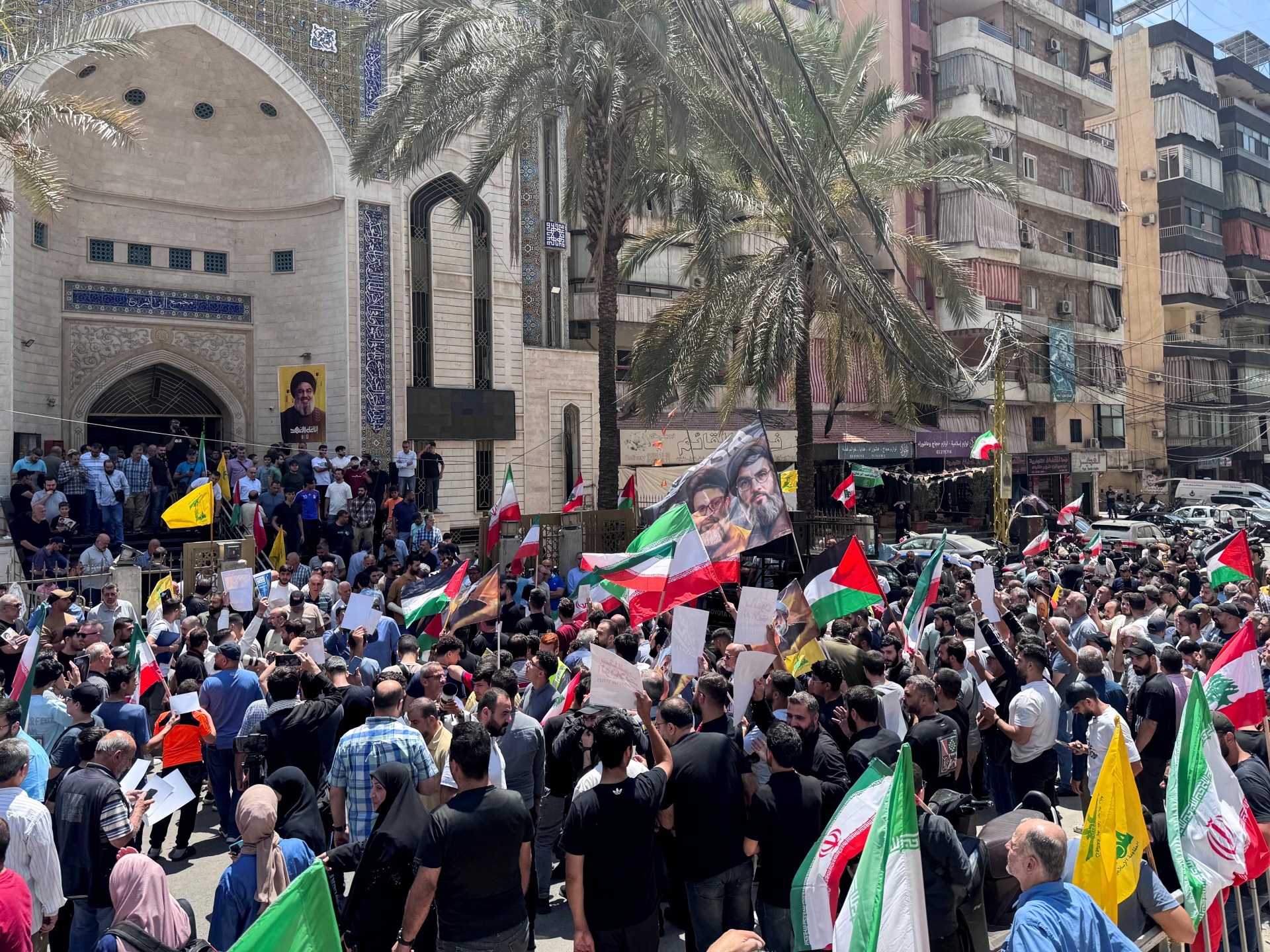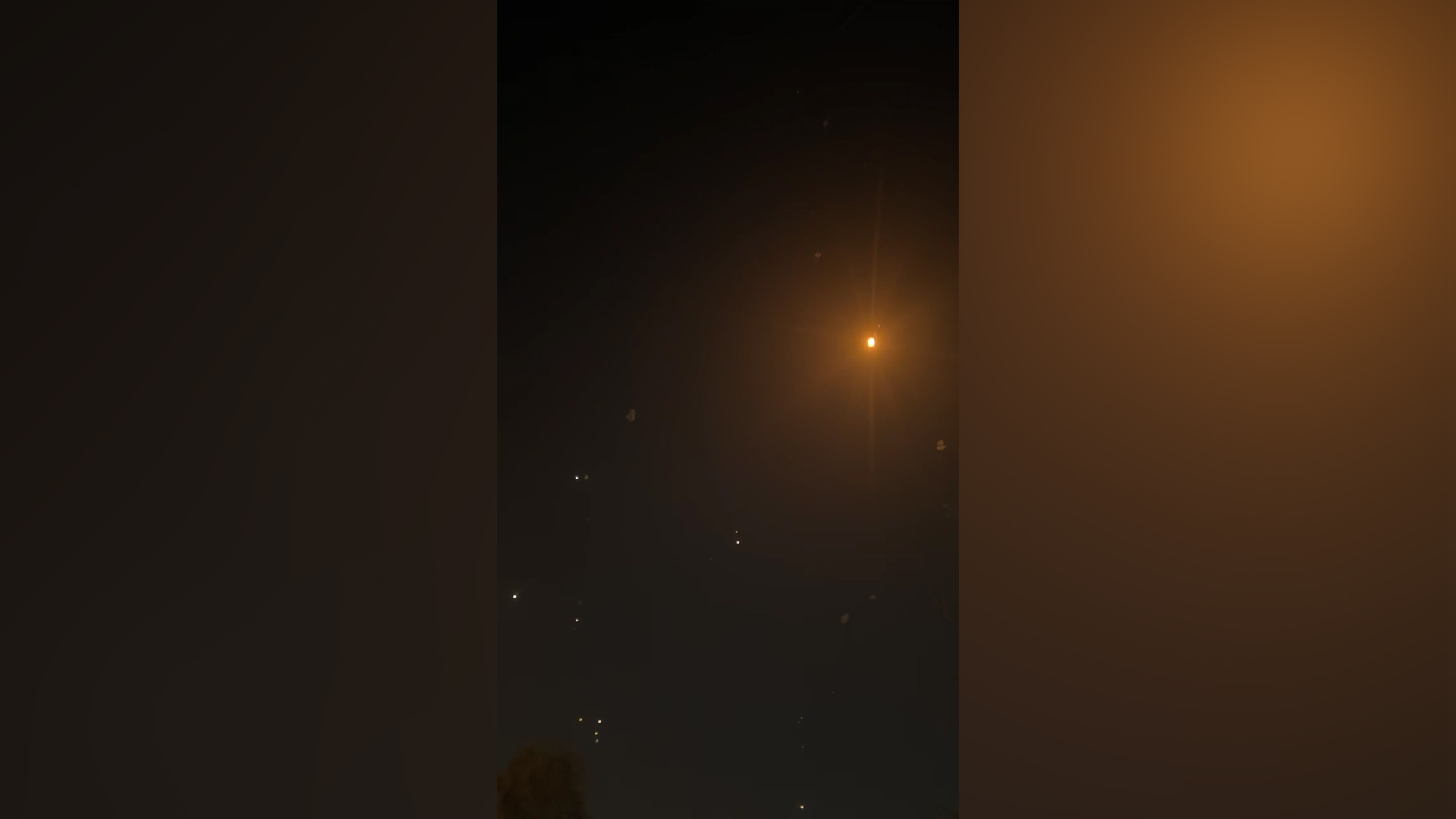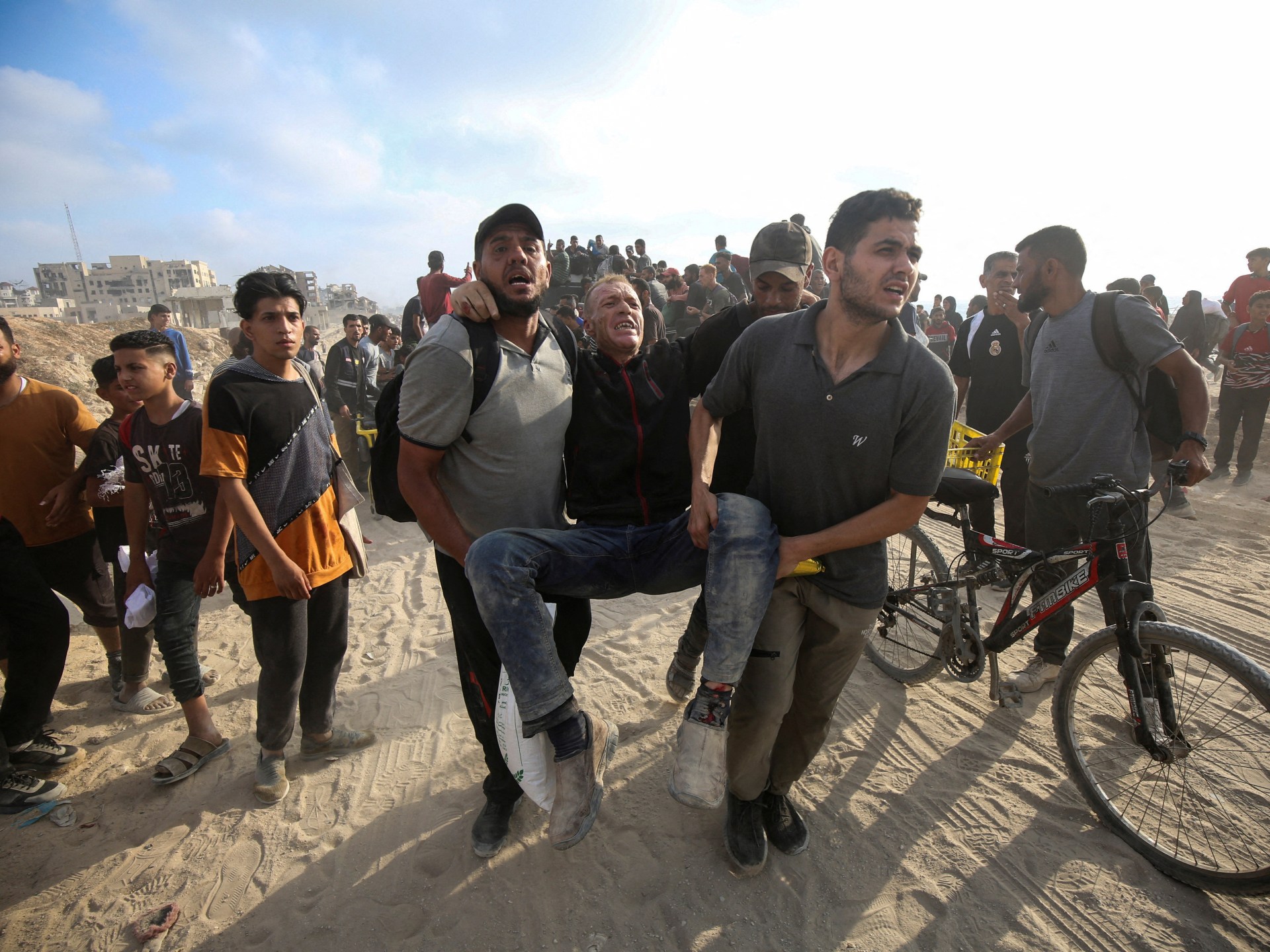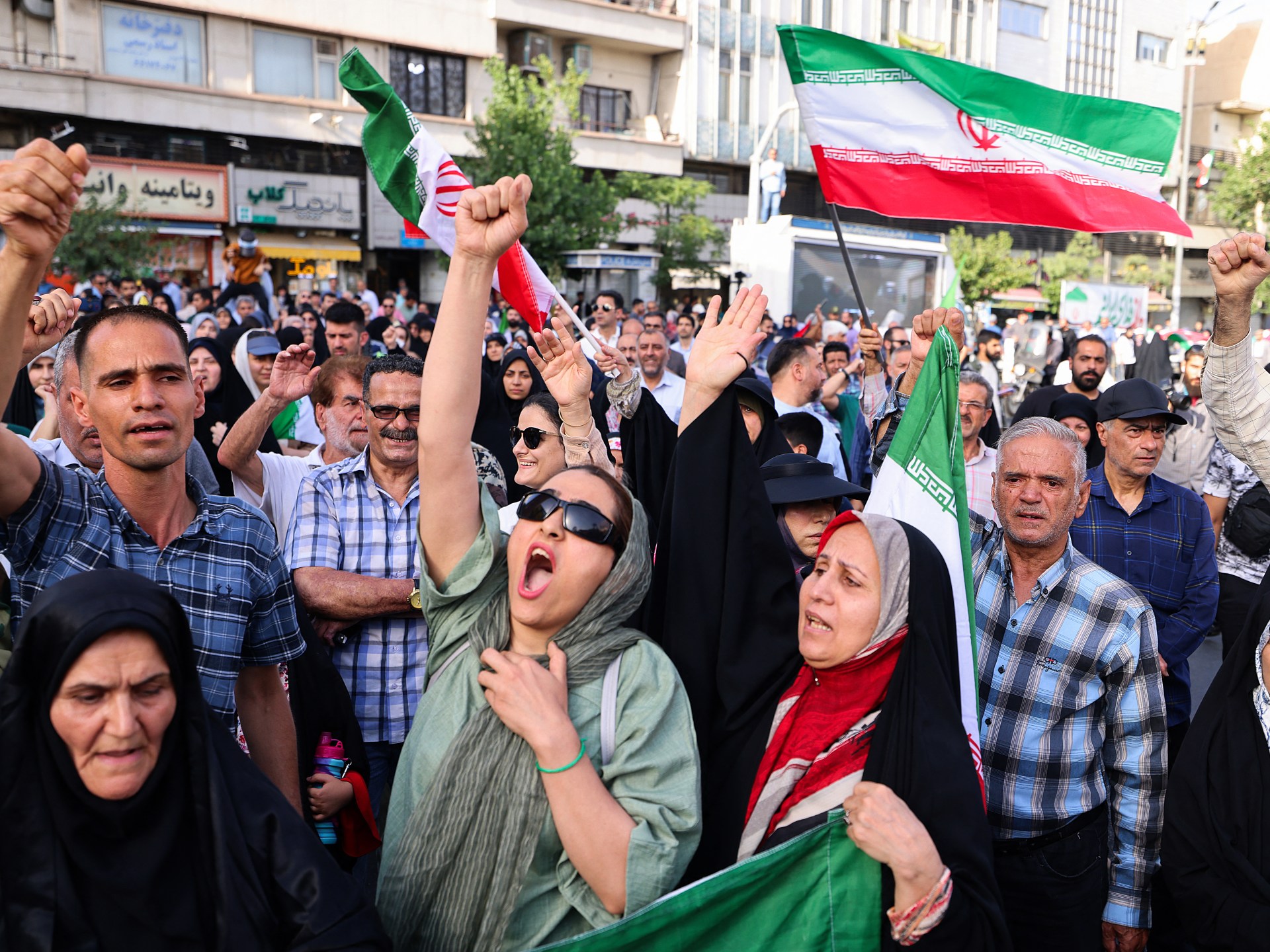In response to Sunday’s strikes, Iran immediately launched missiles at the US base in Qatar on Monday.
Vladimir Putin, the president of Russia, said on Monday that the American strikes were “unjustified” and that they were “setting the world at a dangerous turning point.”
Putin stated that Moscow would try to help the Iranian people, but he would not go into detail when speaking with Iranian Foreign Minister Abbas Araghchi at the Kremlin.
Putin told Araghchi, “Iran’s absolutely unprovoked aggression has no basis and justification.” We are, for our part, attempting to assist the Iranian people.
Foreign Minister Wang Yi also criticized Israeli airstrikes against Iran and US nuclear weapons bombardment. He argued that attacking over “possible future threats” was a bad idea and called for a return to diplomacy.
Wang urged all parties to “resume dialogue and negotiation immediately,” warning that the region’s escalation was a possibility of destabilizing.
bringing the world “to a very dangerous line”
In recent days, Israeli officials and US President Donald Trump have openedly discussing the possibility of assassinating Ayatollah Ali Khamenei and calling for regime change, which the Kremlin warned would stoke a full-fledged conflict.
Despite the unnamed nature of the messages that Araghchi reportedly gave to Putin during the high-level Kremlin meeting on Monday, the details were kept a secret. Moscow has not confirmed receiving any such appeal, despite a senior Iranian source telling the Reuters news agency that the letter called for more Russian support.
Putin addressed a gathering of elite military recruits briefly about the escalation of conflict later. He claimed that “extra-regional powers are also being drawn into the conflict.” All of this draws a dangerous line across the globe.
Russia has avoided making specific military commitments to defend Tehran, and the agreement lacks any mutual defense clause, despite signing a 20-year strategic pact with Iran earlier this year.
Iranian annoyance
Iranian officials expressed frustration with Moscow’s alleged lack of action, speaking to Reuters anonymously. Despite repeated pleas for assistance, they claimed Tehran felt let down by both China and Russia.
Sergei Ryabkov, the deputy foreign minister of Russia, insisted that Moscow’s ties to Tehran remained strong even though he declined to say whether Iran had requested weapons or military aid. Iran has no excuses for its strategic partnership, according to Ryabkov, who added that it had every right to defend itself.
Despite Trump’s efforts to ease Ukraine’s war with Moscow, the Kremlin appears wary of any action that could lead to a direct confrontation with Washington. Dmitry Peskov, a spokesman for the Kremlin, claimed that the developments involving US-Iran would not have an impact on the “separate processes” between Russia and the US.
Middle Eastern wars that were US-led still linger in people’s minds. Vassily Nebenzia, the Russian UN envoy, compared the Iraq invasion of 2003 to the UN Security Council session on Sunday. He recalled how the US falsely claimed Iraq was a location of WMD.
We’re again being asked to believe US fairytales, Nebenzia said. This reinforces our belief that our US colleagues have been taught nothing by history.
